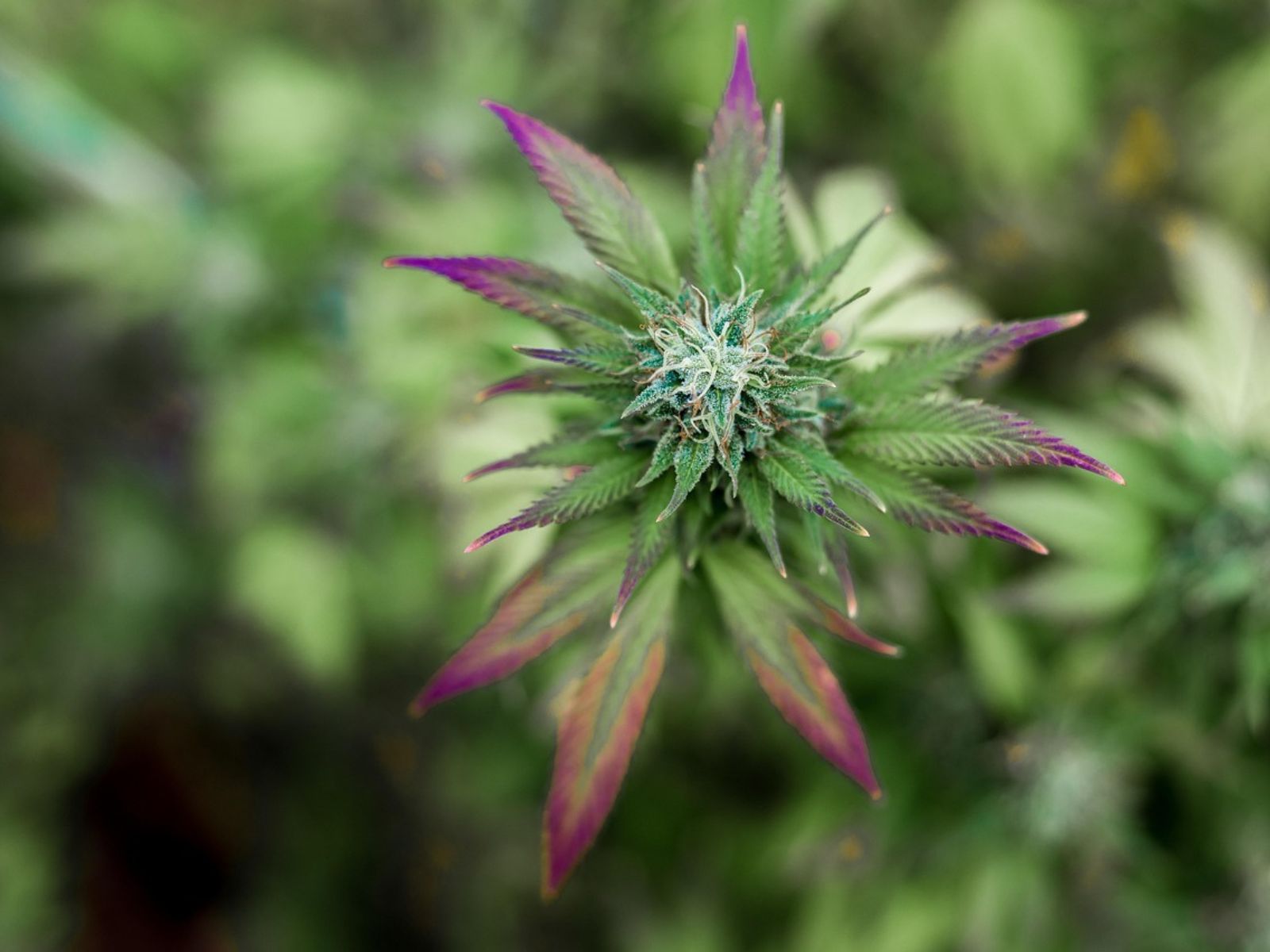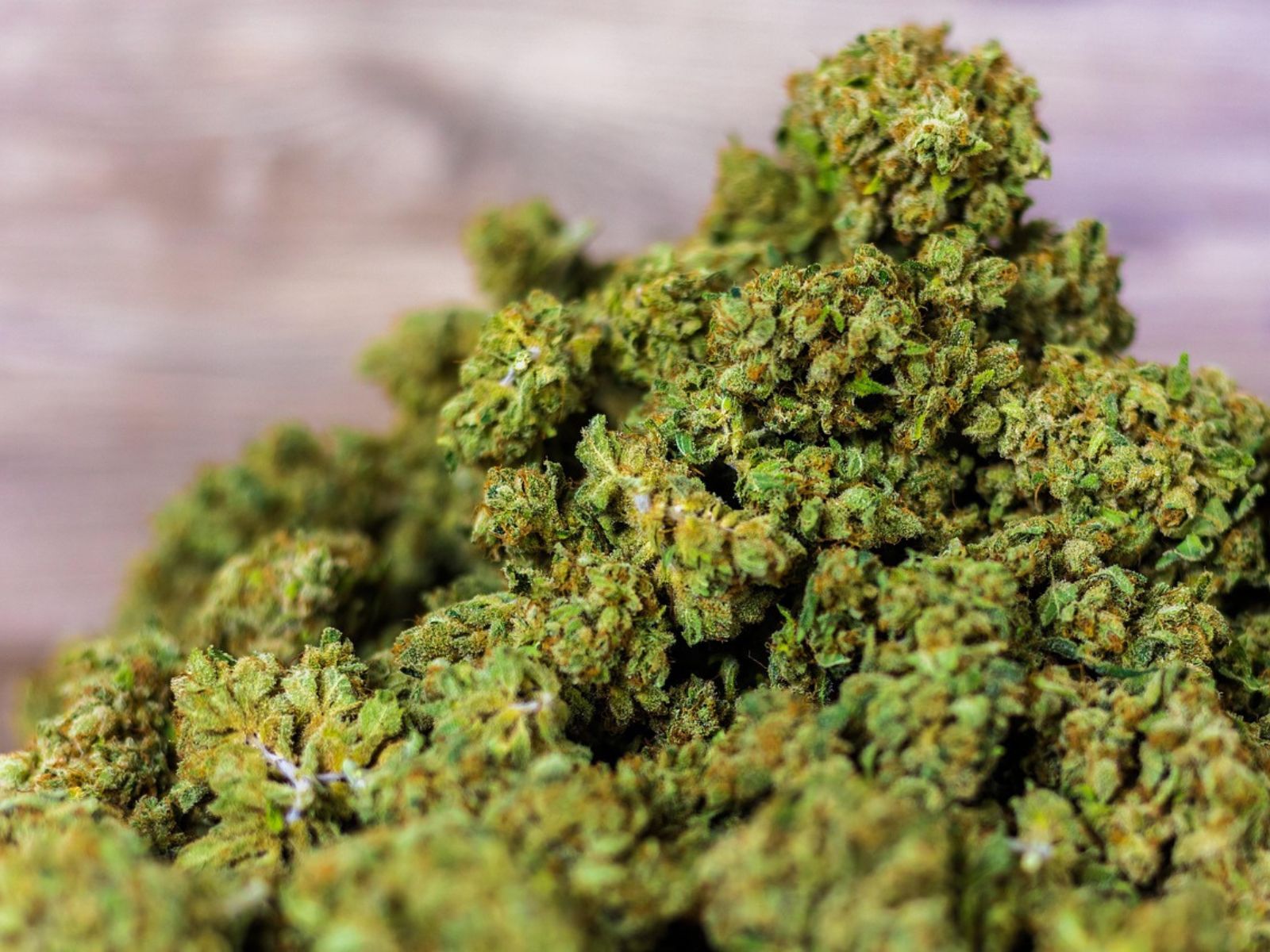
New Study Looks At Cannabis, Anxiety, And Depression In Canada

New Study Looks At Cannabis, Anxiety, And Depression In Canada
Anxiety and depression are major mental health conditions that affect a significant portion of the world’s population. As many as 275 million people suffer from anxiety globally, and as many as 5% of adults suffer from depression worldwide.
Clinical depression is a mental health disorder involving a ‘persistently depressed mood or loss of interest in activities, causing significant impairment in daily life.’ Changes in sleep patterns, food intake, energy level, focus, daily behavior, and/or self-esteem are all symptoms of depression.
Anxiety is characterized as an ‘intense, excessive, and persistent worry and fear about everyday situations.’ An increased heart rate, rapid breathing, persistent sweating, and feeling tired are all symptoms of anxiety.
Many people that suffer from one of the mental health conditions also suffer from the other condition. For some patients, cannabis may help, as demonstrated by a recent study in Canada.
A team of researchers affiliated with Harvest Medicine in Calgary recently conducted a retrospective study involving medical cannabis patients and their use of cannabis to battle their anxiety and/or depression.
“Patients included in the study were at least 18 years of age with completed validated questionnaires for anxiety (GAD-7) and depression (PHQ-9) at their initial evaluation and at least one follow-up visit. There were 7,362 patients included in the sample, of which the average age was 49.8 years, and 53.1% were female.” the researchers stated regarding the study’s methodology.
“There were statistically significant improvements between baseline and follow-up scores for both the GAD-7 and PHQ-9, with larger improvements seen for patients who were actively seeking medical cannabis to treat anxiety or depression.” the researchers stated.
“From 12 months on, those reporting anxiety had an average decrease in GAD-7 scores that was greater than the minimum clinically important difference of 4, and the same was seen for patients reporting depression from 18 months on, with the average decrease in PHQ-9 scores more than the MCID minimum clinically important difference of 5.” the researchers also stated.
“This study provides some evidence to support the effectiveness of medical cannabis as a treatment for anxiety and depression.” the researchers concluded.
It’s always important to note that the cannabis plant is complex and human biology is complicated. What works for one person may not work for the next person, especially when it comes to anxiety and/or depression. Contact your medical care provider to see if cannabis may help treat your condition(s).
Share article


Share article
Join Our Awesome Community
Join Our Awesome Community
Join Our Awesome
Community
Get all the latest industry news
delivered to your inbox







